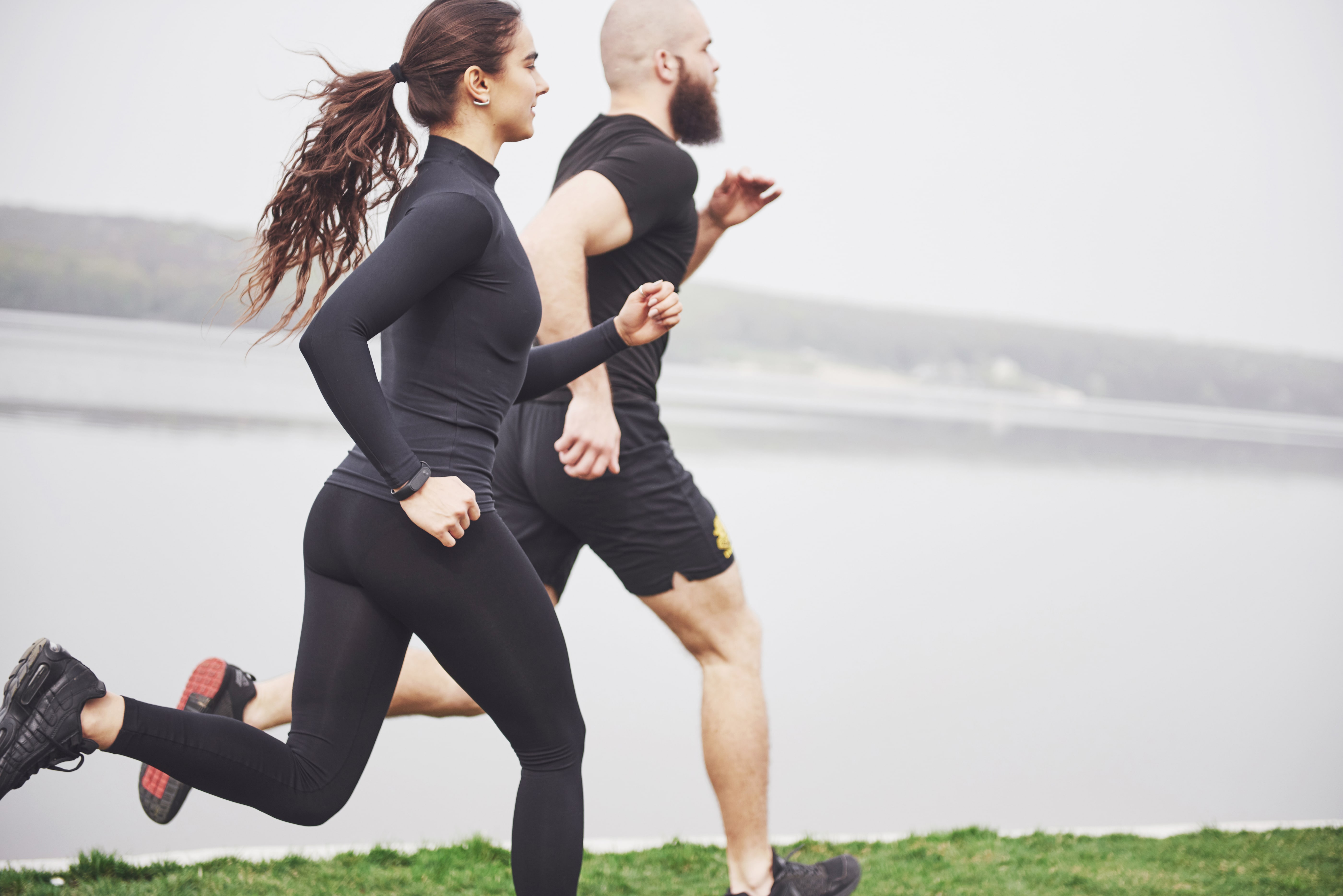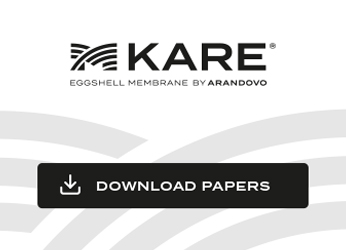Physical exercise triggers a waterfall of inflammatory events, which have an impact on health. During and after acute exercise in skeletal muscle, interactions between immune cells, cytokines and other intracellular components create an inflammatory milieu responsible for recovery and adaptation immediately after an exercise session. In the systemic circulation, cytokines released by muscle mediate metabolic and inflammatory processes.
In this blog post by Arandovo, we will explore what exactly is post-exercise muscle inflammation, its causes, symptoms and how you can speed up your recovery.

What is post-exercise muscle inflammation?
Post-exercise muscle inflammation, also known as ‘‘delayed myalgia’’ or simply post-exercise muscle soreness, is a natural reaction of the body in response to the stress to which muscles are subjected during exercise. When we engage in physical activities, especially those involving intense muscle contractions or endurance exercises, such as weight lifting, running or high-intensity sports, we cause microtraumas to the muscle fibers.
These microtraumas trigger a series of inflammatory processes in the muscle tissue, as a way to repair and strengthen the muscles. Although it may sound counterproductive, this inflammation is an essential part of the adaptation process which allows our muscles to become stronger and more resilient over time.
In other words, the exercise-induced pro-inflammatory response and the subsequent recruitment of immune cells are necessary for the repair and adaptation processes within skeletal muscle to exercise, but it is very important to favor the repair-recovery processes.
Muscle inflammation symptoms
Symptoms of post-exercise muscle inflammation can vary in intensity and duration, some of the most common include:
Muscle soreness
A feeling of pain or stiffness in the muscles is the most obvious symptom. This pain usually peaks around 24 to 72 hours after exercise and may last for several days.
Sensitivity to touch
The affected muscles may become sensitive to touch, and pressing on them may be uncomfortable or painful.
Mild swelling
In some cases, there may be slight swelling in the affected area due to accumulation of fluid and inflammatory cells.
Reduced range of motion
Inflammation and pain may temporarily limit range of motion in the joints associated with the affected muscles.
When does muscle inflammation occur?
Although post-exercise muscle inflammation can be uncomfortable, it is important to remember that we are talking about a natural part of the body’s process of adapting to exercise. The good news is that this inflammation process usually goes away on its own as the body repairs damaged tissues and adapts to the stress of exercise.
How can nutrition and supplements help you recover better?
Proper sports nutrition has a direct impact on inflammation in our body. Fatty acids, vitamins and proteins, as well as trace elements, have been shown to have a modulating effect on inflammation.
They play a fundamental role regarding exercise since, when a state of inflammation is established, natural food supplements increase the possibility of recovering and taking better care of our musculoskeletal system, considering that an incomplete recovery can cause damage that may be irreversible.
For example, a negative nitrogen balance can contribute to critical illness or injury due to inflammation. Therefore, an increase in protein intake relative to the estimated standard requirements of healthy individuals may be necessary to promote protein synthesis, modulation of immune function and redox status during an inflammatory response.
A more concrete example is the intake of proteins rich in amino acids and cysteine, since exercise increases the consumption of this amino acid in our body and this is a precursor of the glutathione, taurine and hydrogen sulfide synthesis.
In a post-exercise state, the concentrations of reactive oxygen species with high deterioration power increase in our body and glutathione plays an important role in buffering said effects, therefore exerting an antioxidant effect on our cells and acting as a protector for our tissues, such is the case of the joints which receive high loads during physical activity where it is very important to minimize the degradation processes and increase the repair ones.
Some of the most recommended food supplements for athletes are:
- Protein: the essential building block for muscle repair and growth. Consuming an adequate amount of protein in your diet can promote muscle recovery after exercise.
- Omega-3: these fatty acids have anti-inflammatory properties and can help reduce muscle inflammation.
- Collagen: the intake of collagen, magnesium and hyaluronic acid favors a correct maintenance of tissues, helping their regeneration and promoting their elasticity.
- Antioxidants: Vitamins such as C and E, as well as other antioxidants present in fruits and vegetables, can help reduce oxidative stress and inflammation.
- Glutamine: This amino acid can help maintain balance in the immune system and promote muscle recovery.
It is important to note that before starting to take any supplements, it is advisable to consult a health professional or registered dietitian to ensure that they are suitable for your individual needs.
How to prevent muscle inflammation
While muscle inflammation is a natural response to exercise, there are some steps you can take to prevent its excessive or prolonged occurrence:
Warm up
Warm up properly before your workout to prepare your muscles and reduce the risk of injury.
Gradual progression
Avoid increasing the intensity or duration of exercise abruptly. A gradual progression allows the muscles to adapt more effectively.
Proper techniques
Make sure to use proper techniques when performing exercises to avoid unnecessary stress on the muscles.
Training variety
Alternate between different types of exercise to avoid overuse of certain muscle groups.
Hydration and nutrition
Maintain a balanced diet and make sure you stay hydrated before, during and after exercise.
MKARE, the ideal and natural food supplement to reduce muscle inflammation
MKARE is a 100% natural food supplement based on eggshell membrane, which contains bioactive compounds with multiple health benefits for athletes.
It is rich in collagen (I, V and X), elastin, glucosamine, hyaluronic acid and over 400 proteins that help improve joints, bones and the digestive system, in addition to improving the health of skin and hair among many other benefits.
Muscle inflammation after exercise is a natural response of the body that, while it can be uncomfortable, is essential to the process of muscle adaptation and strengthening.
Through a combination of proper rest, balanced nutrition and possibly the use of supplements, you can help your body recover more efficiently and enjoy the lasting benefits of your physical exertion.
Remember that listening to your body and providing the care it needs is essential to achieve your sports goals safely and effectively.
If you want to learn more about how MKARE can help your body recover after exercise, check out our website now or contact us, we will advise you according to your needs.




